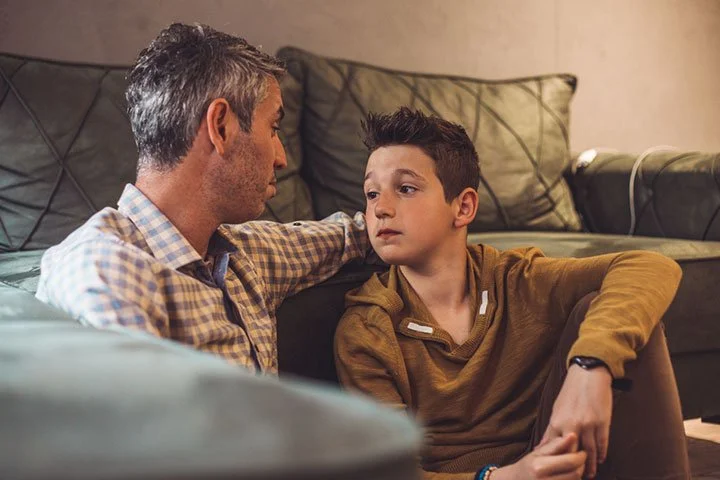The Importance of Teaching Boundaries and Communication in Sex Education
Sex education is a vital aspect of a comprehensive and well-rounded education system. It equips young individuals with the knowledge and skills necessary to make informed decisions about their sexual health and well-being. While discussions surrounding contraception, STIs, and anatomy are undoubtedly important, one critical component that often gets overlooked is teaching boundaries and communication. In this blog post, we will delve into the significance of these topics in sex education, exploring how they foster healthy relationships, promote consent, and contribute to a safer and more respectful society.
The Role of Boundaries in Healthy Relationships
Understanding personal boundaries is essential for individuals to establish and maintain healthy relationships. Boundaries define what is acceptable and comfortable for each person in various contexts, including physical, emotional, and sexual interactions. In the context of sex education, teaching boundaries enables young individuals to recognize and assert their own limits, while also respecting the boundaries of others.
By educating students about boundaries, educators, and parents can help prevent coercion, manipulation, and abuse. Young people learn that they have the right to say "no" to any unwanted or uncomfortable sexual advances, and they understand the importance of respecting the boundaries set by their partners. This knowledge empowers them to navigate relationships in a way that is safe, consensual, and mutually fulfilling.
Communication: The Key to Consent and Mutual Understanding
Effective communication is the cornerstone of healthy relationships, and this applies to sexual relationships as well. In the realm of sex education, teaching communication skills helps young individuals express their desires, concerns, and boundaries openly and honestly. It encourages active listening and empathetic understanding between partners, fostering a culture of mutual consent and respect.
When students learn the importance of communication, they gain the tools to navigate sexual encounters responsibly. They understand that obtaining enthusiastic consent from their partner is essential, and that consent is an ongoing process that can be withdrawn at any time. Educators and parents play a crucial role in teaching young people how to engage in open and respectful conversations about sexual boundaries, desires, and expectations.
Challenging Myths and Stereotypes
Sex education focused on boundaries and communication also provides an opportunity to challenge prevalent myths and stereotypes surrounding sexuality. Many misconceptions exist about gender roles, consent, and sexual behaviors, which can perpetuate harmful attitudes and behaviors.
By promoting open dialogue and debunking these myths, educators can foster a more inclusive and understanding environment. Students can learn that sexual preferences and desires vary among individuals and that respecting these differences is essential. This education empowers young people to challenge stereotypes, embrace diversity, and build healthier and more inclusive relationships.
Implementing Boundaries and Communication in Sex Education
To effectively teach boundaries and communication in sex education, it is essential for educators and parents to use age-appropriate and inclusive approaches. Here are a few strategies that can be employed:
1. Comprehensive curriculum: Develop a comprehensive curriculum that incorporates lessons on consent, communication, and healthy relationships at different grade levels.
2. Active discussions: Encourage open discussions in the classroom or at home, creating a safe space for students to ask questions, share experiences, and learn from one another.
3. Role-playing and scenarios: Engage students in role-playing activities and scenarios that allow them to practice assertive communication, negotiation, and setting boundaries.
4. Empathy and respect: Emphasize the importance of empathy, respect, and active listening in relationships. Encourage students to consider the perspectives and feelings of their partners.
5. Collaboration with parents and guardians: Foster collaboration between educators and parents or guardians to ensure a consistent message is delivered both in school and at home.
Conclusion
Teaching boundaries and communication in sex education is paramount for promoting healthy relationships, preventing coercion and abuse, and creating a more respectful society. By equipping young






